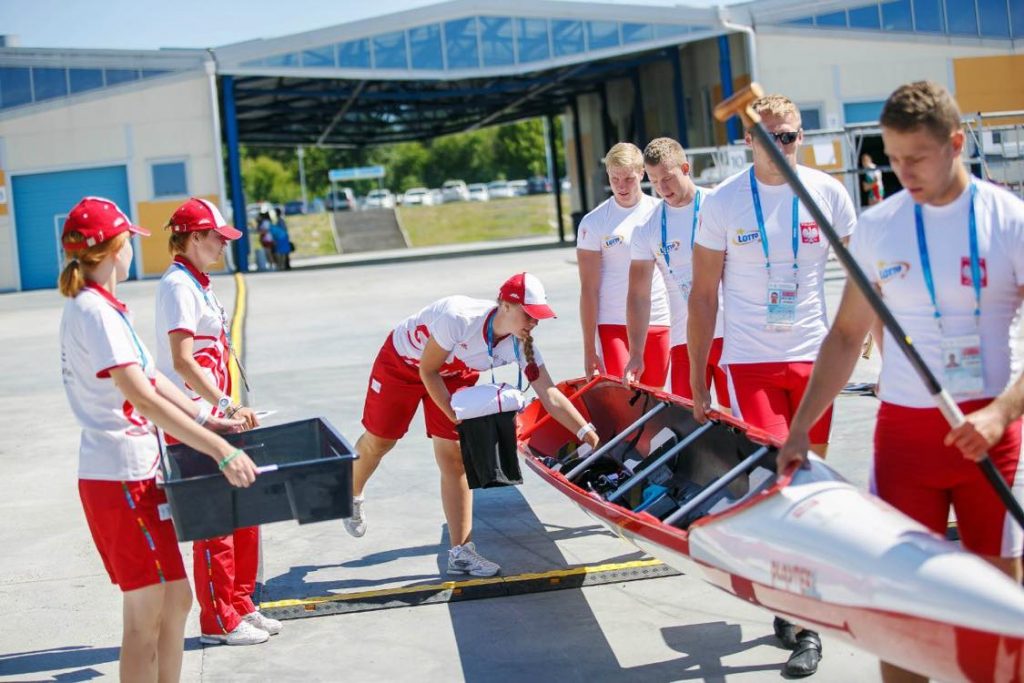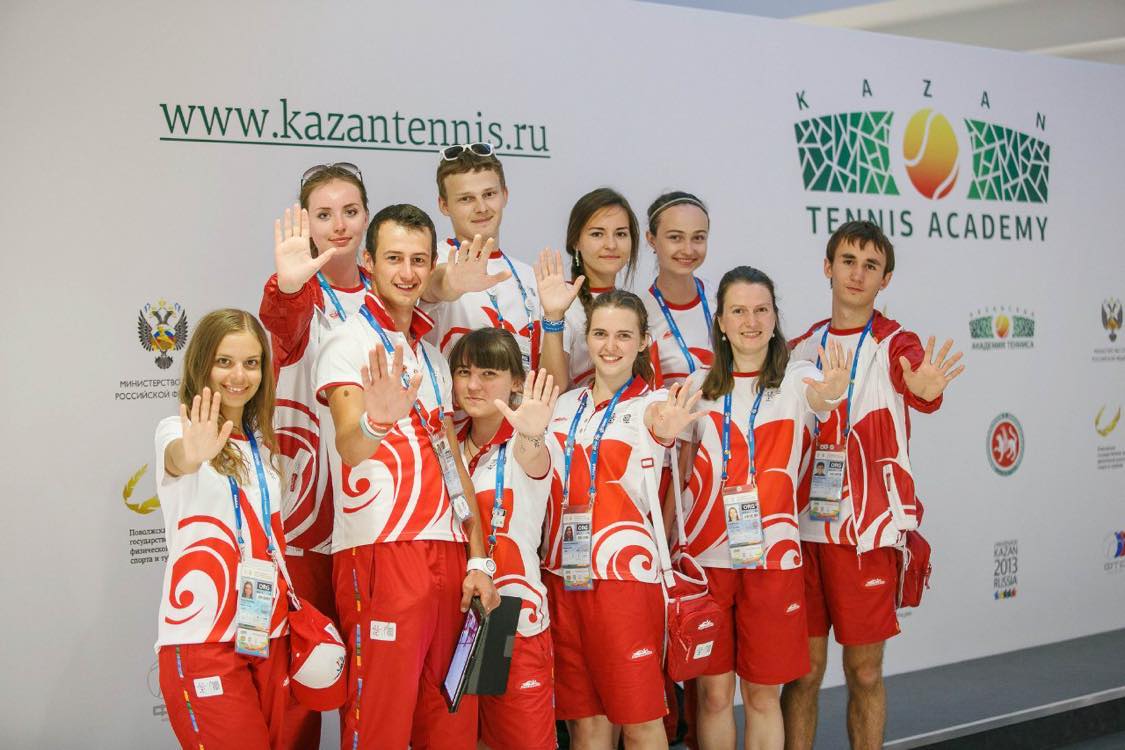Part III
AUTHOR: Tatiana Nikulina, Expert in Sports Volunteering Operational Management at NR SVS
Different roles and responsibilities that volunteers may be assigned during a major sporting event.
How can organizers ensure that volunteers understand their duties and are adequately prepared to perform them?
Volunteers play a vital role in the success of major sporting events, contributing their time, skills, and passion to create a memorable experience for participants and spectators alike. However, selecting and allocating volunteers for various roles and responsibilities can be a complex process that requires careful planning and consideration. Drawing from the experiences of the Kazan 2013 World Summer Universiade and Tbilisi 2015 European Youth Olympic Festival events, we will explore the best practices and challenges in ensuring volunteers understand their duties and are adequately prepared to perform them.
Defining Volunteer Roles and Responsibilities

For Kazan 2013, a meticulous process was employed to understand the precise needs of each functional department. Through a series of meetings and consultations, the initial request for 28,000 volunteers was refined to a final estimate of 19,970 volunteers. Five essential “golden” volunteer skills were identified: sociability, proactivity, tolerance to stress, self-discipline, and teamwork. Motivation to volunteer was the primary selection criterion, complemented by functional requirements such as language skills and special knowledge.
In Tbilisi 2015, the estimated number of volunteers needed was 2,000. This smaller-scale event facilitated a more straightforward process for defining volunteer roles and responsibilities across 15 functional departments. The roles ranged from general volunteers assisting with guest accommodation and ceremonies to specialist volunteers requiring specific skills in medical, translation, and some other departments.
Selection Process and Interviewing
Kazan 2013 launched its Recruitment and Selection Program in May 2012. A dedicated Main Selection Centre (MSC) and 32 Regional Selection Centres were established to interview candidates worldwide. A passionate team of 12 paid employees and 130 volunteers at the MSC, along with 70 specially trained interviewers at regional centers, conducted face-to-face and Skype interviews to assess candidates’ suitability. A total of 22,686 people (including reserve) from 81 Russian regions and 38 countries were selected, with 19,970 becoming part of the volunteer team.
In Tbilisi 2015, the recruitment and selection campaign began in October 2014. The initial target was to conduct 6,000 interviews by April 1, 2015. However, challenges such as candidate dropouts during exam and holiday periods resulted in 3,782 face-to-face interviews, 158 Skype interviews with foreign candidates, and 126 Skype interviews with candidates from Georgian regions. A comprehensive process was required to ensure the event’s 2,000 volunteers appropriately matched their roles.
Allocation and Job Offers
Once the interviews were completed, the allocation of volunteers to specific roles and departments began. This process required close coordination with functional departments and carefully considering their changing needs until the final allocation. In Kazan 2013, the volunteers were divided into four categories: general volunteers, specialist volunteers, sports volunteers, and city volunteers. Each category had specific duties, and volunteers were assigned accordingly.
Best Practices
- Structured Interview Process: Kazan 2013’s dedicated selection centers and a network of regional centers facilitated a smooth and organized interviewing process, ensuring that candidates were thoroughly assessed for suitability.
- Cooperation with sports federations, clubs, and schools allowed organizing interviews with candidates for the “sports volunteer” category at the sports schools’ (clubs) facilities.
- Engaging Social Media: Tbilisi 2015’s effective use of social media platforms, particularly Facebook, allowed for widespread promotion and engagement with potential volunteers, resulting in many applicants.
Challenges
- Involuntary Applications: Kazan 2013 faced challenges with some students compelled by universities to apply for volunteering. This resulted in low motivation during interviews and necessitated careful handling.
- Communication Issues: Tbilisi 2015 encountered difficulties in reaching young candidates unfamiliar with regularly checking emails. Phone calls were required for interview invitations.
Conclusion
The selection and allocation of volunteers for major sporting events require thorough planning, well-structured interviews, and careful allocation programs. The experiences of Kazan 2013 and Tbilisi 2015 highlight the importance of defining roles, engaging social media for promotion, and addressing challenges such as involuntary applications and communication issues. By incorporating best practices and learning from challenges, organizers can ensure that volunteers understand their duties and are adequately prepared to contribute significantly to the success of major sporting events.


